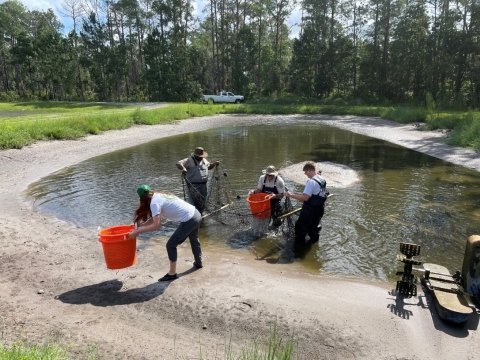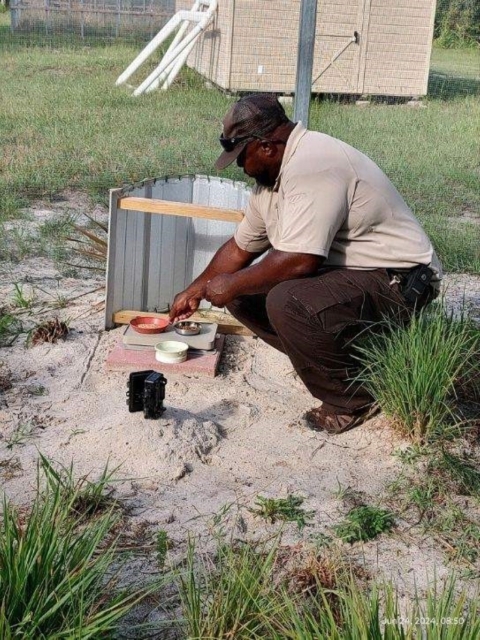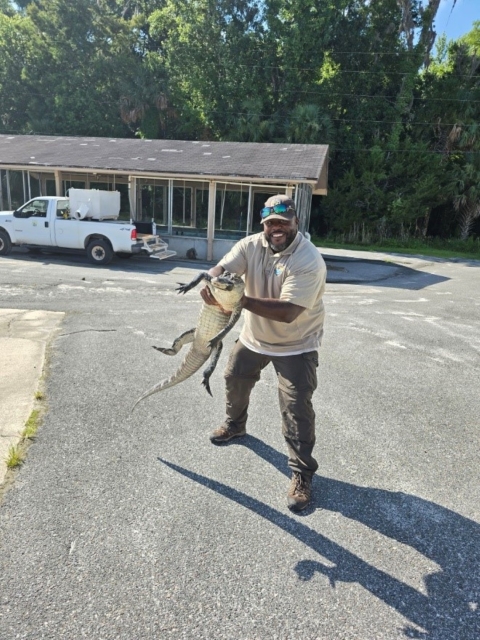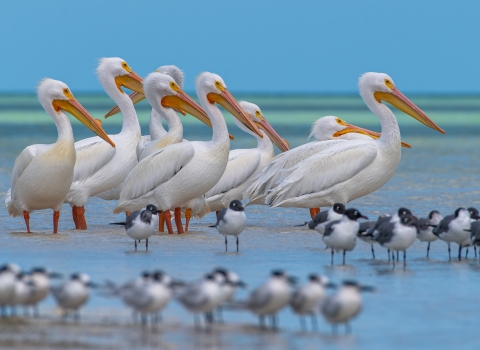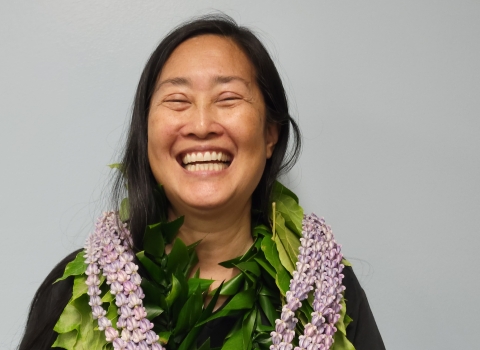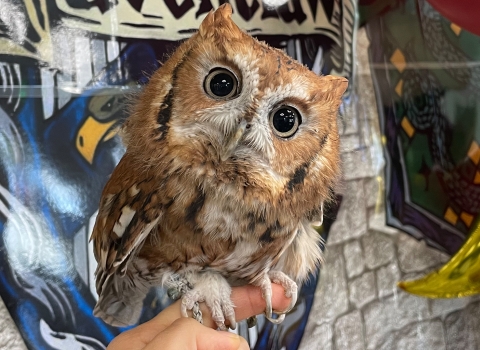I left home on a warm Sunday afternoon to travel for a cross-station training detail at Welaka National Fish Hatchery (NFH). While on this soothing drive, I thought about what this experience would encompass. Would this detail focus mostly on pond/raceway maintenance and fish seining? Well, I had my waders in the truck and felt somewhat prepared for anything, including summer “fun in the pond.”
Early Monday morning I met with then Welaka NFH “Acting” Project Leader Tony Brady and the staff in the conference/break room. They all greeted me with warm welcomes, and we shared some laughs for a few minutes. Yes, we even made Tony smile and laugh too! Moments after the pleasantries, Tony’s game face switched on like a middle linebacker and the conference table gathering became reminiscent of a football defensive huddle. The Acting Project Leader told us about the tasks for the day and we all nodded and left the huddle as if the play called was “Welaka Blitz!”
My first task was to assist Tony with the Florida grasshopper sparrow feeding and monitoring, which included re-filling food and water bowls, resetting the soapy water tray defense against ants that attempt to reach the bowls. We checked aviary cameras, retrieving SD cards for counting sparrows, and reviewing aviary doors and structural checks to ensure Florida grasshopper sparrow security. These endangered birds blend so well with their habitat grasses that we had to stay on the designated aviary walking paths, and we also had to finish quickly to lessen the disturbance. However, it was very captivating to watch them aggressively feed on live food and chase grasshoppers and other insects. Welaka NFH houses the birds for approximately 4 weeks before transporting and releasing them into nature.
The next task was truly a mental challenge as we approached the rooms housing Eastern Indigo Snakes, because I didn’t have a fondness for snakes. This view changed in a matter of minutes while transferring them to clean snake bins and feeding them. It was actually a very interesting and great experience handling and observing these threatened snakes. Some would knock or tap against the viewing portion of the bins when they wanted a second serving of food. The hatchery raises the Eastern Indigo snakes for approximately one year before transporting and releasing them.
The next three days also included more hatchery adventures like removing an alligator from a catfish pond before seining, visiting a conservation center to transport Florida grasshopper sparrows, receiving and setting up a walk-in cooler unit that will store romaine lettuce for manatees, and assisting with operating equipment for nature trail construction. Each day seemed like only 15 minutes to check emails and then something urgent and unexpectedly adventurous was awaiting. I truly enjoyed this cross-station training experience. Welaka Blitz!


